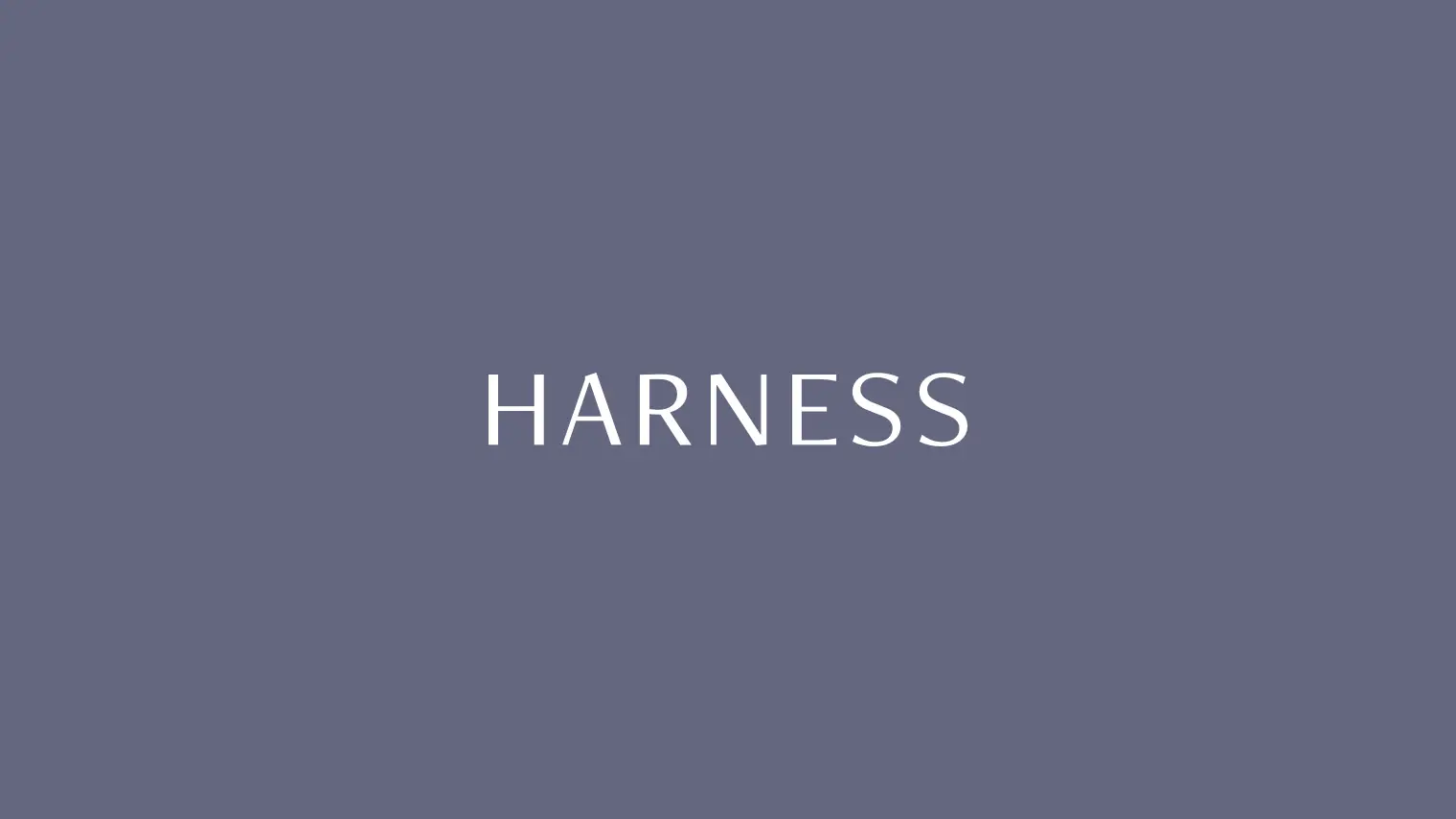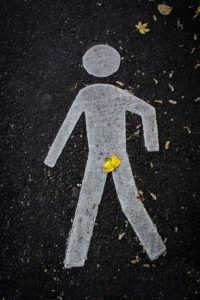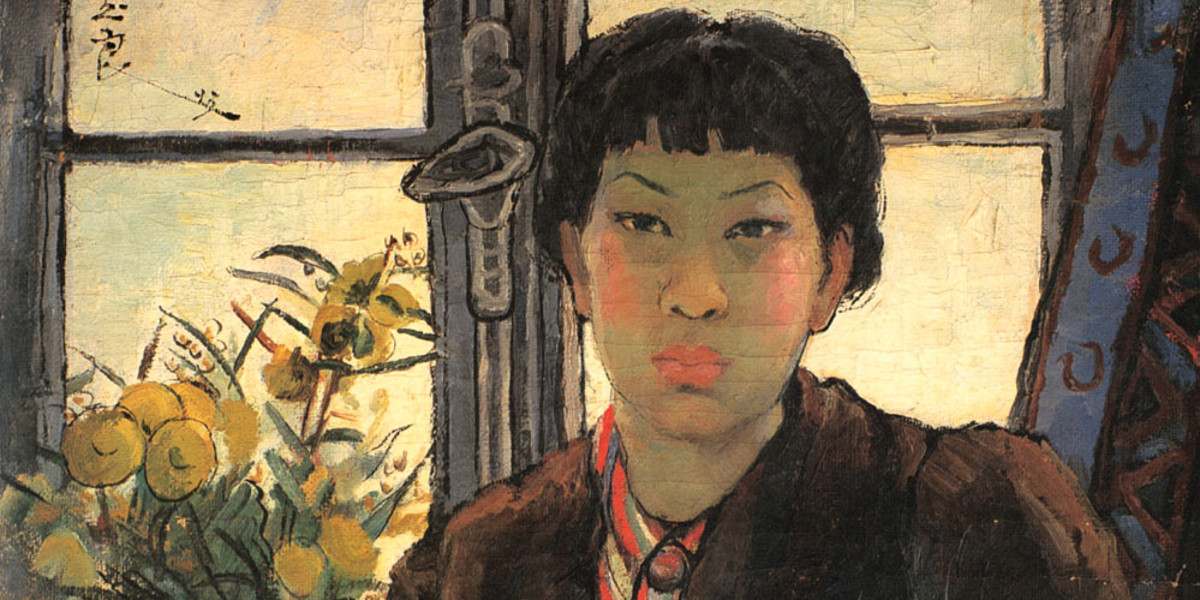Meet Anika Trotman, a vibrant soul who embodies resilience and creativity. Her journey through the challenges of high expectations and personal struggles has shaped her into a voice of inspiration for many. From navigating the complexities of ADHD to finding solace in writing, Anika’s story is a testament to the strength of the human spirit. With an unwavering belief in her worth, she transformed her obstacles into stepping stones, proving that even in the darkest moments, there is light to be found. Join us as we delve into her experiences, explore her passion for poetry, and discover how she embraces her unique perspective to inspire others along their own journeys of self-discovery.
- Can you describe the most challenging moment you faced when trying to balance high expectations with your personal struggles, and how did you find the strength to overcome it?
The paralysis- after all of the years of self neglect, insurmountable work load, and the spirit of “pushing through” , I found myself in a functional freeze halfway through my freshman year of undergrad. In truth, I had spent my whole life telling myself there was no room for failure that when I finally did, it hit me hard. And then I realized; I didn’t die. The world kept spinning. I still had friends. My colleagues still regarded me as an intelligent and worthy member of their cohort. In that way, the almost newfound knowledge that my fallibility did not make me unworthy of all my desires gave me the strength and ambition to dare for more, to desire more for myself.
- How did discovering your ADHD diagnosis change your perspective on your abilities and achievements?
I had this moment of, “I did all of this with a neurological difference?”. To think, without the assistance I could have been getting- no accommodations at school, no extracurricular support through therapy, no coddling or hand holding, through being called lazy. I still did all of the things I did without batting an eye, as though they weren’t impressive. And they were! I should not have been able to play piano, and do judo and karate simultaneously, alongside learning guitar, honing in my writing ability, all while taking 4 AP classes at the same time! But I did that. I should not have been able to manage working 2 part time jobs, adding an additional major onto my transcript, and competitively purpose karate all while writing in a way that struck the attention of my former professor who has now published an award winning novel, but I still did. It gave me the freedom, the autonomy to say, “hey, I’m proud of myself.” My accomplishments were never little, but the confirmation that I wasn’t manufacturing the additional difficulties I had growing up really solidified just how major they are.
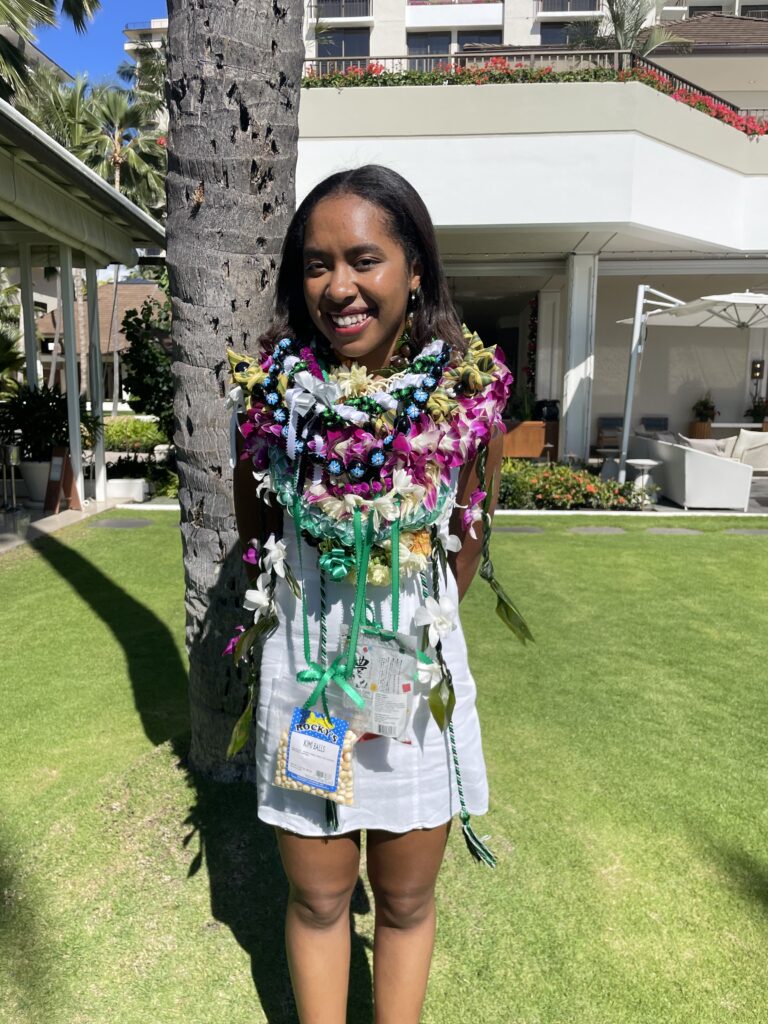
- What role did writing play in helping you cope with burnout and find clarity about your path?
For a long time, writing was simply an outlet for the thoughts I had bouncing around the four walls of my head at light speed every single day. It was cathartic- it helped me chanel what I was feeling and attempt to make sense of it. At times, it prevented complete meltdowns. Writing provides a sort of distance and escapism that I have only ever found in music, and even then the comparison isn’t apt. Writing provided me a life vest when I truly believed I wasn’t good at anything else, and it was the catalyst for me following what my heart is drawn to.
- How did receiving mentorship from your creative writing professor impact your journey and self-perception?
Funnily enough, it was confirmation that I was good enough for someone to actually care. My writing up until that point was just something I was intrinsically called to do, but I was not sure per say how it, or rather I as a writer, were/was being perceived. Having someone else’s eyes on your work, especially the eyes of an individual who’s craft you respect so immensely, is terrifying and validating at the same time. And to think I stumbled into a mentorship! Surreal, truly. Shout out Dr. Joseph Han.
- In what ways has your understanding of your neurological differences shaped your approach to your creative work and personal growth?
I no longer (metaphorically) flog myself when the first drafts of my work lack focus/direction at times. There are enough editors/individuals that will critique my work, and HARSHLY. I now have learned to be a bit more gentle with myself in that way. Additionally, I have adopted the mentality of- if it works for me this way, this is the way I’m going to do it. No more fighting against my biology (unless what I’m drawn to is objectively negative and/or maladaptive). Sometimes I’ll be able to “lock in” for hours at a time, and others I won’t be able to produce even a paragraph of substance. And that’s okay.
- Can you share how your cultural background influenced your initial reactions to your ADHD diagnosis and how you came to embrace it?
I am of carribean/latin american descent. I am also a first born daughter. And a first generation american. The list of superlatives goes on and on. To sum up the true influence my cultural background played in the way I was raised and in turn the way my parents were informed is a feat I don’t think anyone is up to the task for. (anthropologists, a little help???) In a nutshell- life in a third world country is hard enough. There is hardly time to worry about the emotional/psychological well being of your children as the more concrete, tangible components of their well-being are far more pressing (i.e. food , water, education, lodging, etc.) If there is no immediate issue presenting itself to your caretakers, it’s something that you can in essence, figure out yourself. I think an added layer can be accounted for in the sense that there are religious and regional beliefs that confound the issues and definitely play a role in late or lack of diagnosis. The first, the leader, the head of a household- can have no faults. There is no room for error.
As especially because I was not disruptive in the stereotypical fashion you would expect from an ADHDer, I was treated as though I could be self sufficient. (note: most studies conducted concerning adhd at the time were done on little boys so the caricature that was painted did a disservice to me in this context- not that it is completely incorrect) So when I finally sought out and received a diagnosis, I was numb initially. And then a wave of anger washed over me. I was at a loss for words; this multi-generational ignorance stole years of my childhood from me. It damaged my relationship with loved ones. It caused me to question myself and wonder why I wasn’t good enough. And then I sat with myself for a while, and realized- someone has to be the first to do the work of breaking down stereotypes and outdated beliefs. The anger I felt at my parents was valid, but they were not completely to blame. There are so many things I have come to love and value about the culture I am from, and you can’t take the good and leave the rest. I’m sure at some point, the glossing over of mental “differences” served as a defense mechanism and may have been very necessary as some point. But I wouldn’t be who I am without it. Some of my best qualities are hallmarks of the condition itself. It is not a deficiency, it is simply another piece of the whole.
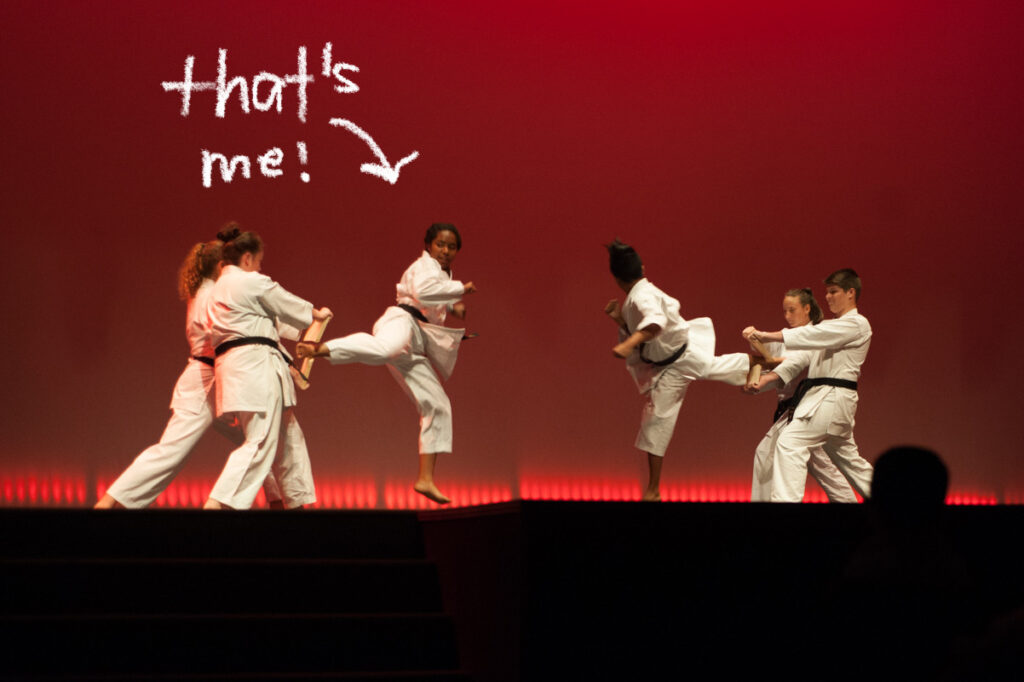
- How did your experiences with burnout and ADHD inform the themes or content of the small collection of poems you’re working on?
A central part of ADHD is feeling things extremely deeply, alongside hyper fixation and a bunch of other super fun features. The central theme of my collection is love- having it, losing it, and the agony that takes place in its absence. From the moment I entered adolescence, the concept of love, the messy ride of experiencing it at such a young age, and all the difference shades she comes in inform this collection.
- How do you navigate the challenges of working in STEM while pursuing your passion for writing, and what strategies help you manage both areas effectively?
Psychology enthusiasts typically pursue the science in hopes to more deeply understand the people around them and the motivation for their behavior. Writers want to make those same very people feel something. To me, the two have always been completely intertwined, one informing the other. I use the difficult feelings that arise when holding the emotions of the mentally ill youth I work with and channel it into something I wish I could gift them. I take the compassion and raw, very real, humanity that is channeled through being a writer and meet my patients where they’re at with those equipped as my tools. When I feel as though my work at the unit gets too heavy, I remind myself what a privilege it is to have something that I love so dearly to have been fostered so that it could grow into what it is now, unlike most of the children I work with. I at times challenge myself to 30 day challenges, where I have to write every day no matter how “bad” I may perceive my writing to be at the moment. Writing is a muscle and while navigating demand avoidance is tough, the desire to improve my craft usually wins out.
- What has been the most rewarding part of your writing journey so far, and how has it contributed to your sense of fulfillment?
Inspiring those around me to write. I find that typically, when I share my work, outside of the positive affirmations and compliments the body of work itself receives , I find that my friends and colleagues often give me the reception of , “I read your piece and it reminded me of how much I used to love/wish I could/ need to start writing!”. And at the end of the day that’s really what this is about to me.
- What message do you hope to convey through your poetry collection, and how does it reflect your journey of self-discovery?
I think my goal is just to be transparent about navigating this world as a sensitive person; it’s going to hurt at times. The highs don’t make the lows any easier. But love truly is everywhere , and it’s not difficult to spot if you’re open to it.
- How do you stay motivated and inspired to continue pursuing your passions despite the obstacles you’ve faced?
We live in the digital age, where everything and nothing feels impossible at the same time. But despite the potential difficulty, my desire to write is lingering. And in a world full of change and chaos, if this is a singularity that has remained unchanged, I believe there’s a reason for it. So if I never get to write full time, if it is never something I’m intended to do for occupation, I’ll write so that those like me have something that makes them feel seen, and understood. I’ll write so despite the difficulties, maybe one day a little girl reads something I’ve made and decides to press on, even when the going gets rough.
IG: @nikas_notions and @not.your.nika
Substack: https://nikasnotions.substack.com/


